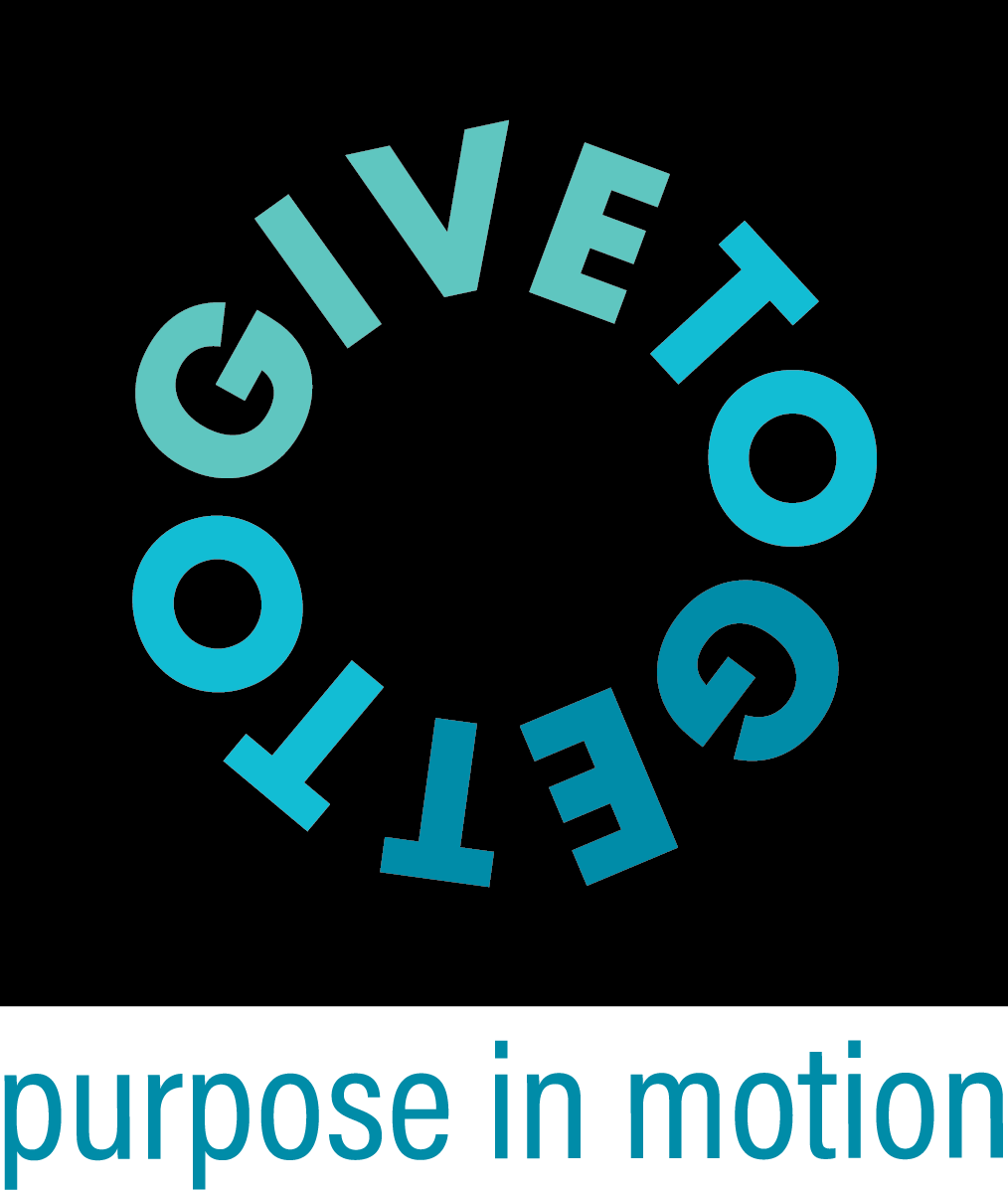How We Know Purpose Matters
Porter Novelli Study
For years, brands have invested millions into defining, developing, and deploying their purpose. They may hire consulting firms, agencies, and other organizations to help; but — at the end of the day — how much does it matter? More than you might think, according to a recent Porter Novelli study.
The study showed that not only are individuals more likely to prefer purpose-driven brands in key ways like trusting a brand (76%), being loyal to it (72%), defending it (70%), or wanting to work for it (78%); but they were also more likely to associate the brand’s logos with positive words. The word association test, which flashes brand logos and words in close succession, doesn’t give individuals time to analyze what they’re seeing. Instead, it tests how much individuals have internalized the brand’s message.
What does that mean for you? Brands should choose a purpose-related focus area that resonates with their audience and follow through with their actions, especially because internet savvy generations are quick to call out companies that miss the mark.
Which brands are good examples of walking the talk on specific initiatives in the last year?
Apple, which supported Black Lives Matter protestors after George Floyd’s death last summer, launched a $100 million Racial Equity and Justice Initiative and a guide for parents and teachers addressing race in the first few weeks of June. Last month, it followed those efforts by announcing the Propel Center, a first-of-its-kind global innovation and learning hub for Historically Black Colleges and Universities (HBCUs); an Apple Developer Academy to support coding and tech education for students in Detroit; and venture capital funding for Black and Brown entrepreneurs.
Patagonia, which has long supported environmental initiatives, sued the Trump administration in 2017 after the President announced plans to reduce the size of Bear Ears and Grand Staircase-Escalante two national monuments in Utah. Last fall, it added a push to get out the vote. An environmentally friendly administration, the brand argued, would do more to help the environment than another four years of fighting with an administration that did not believe in climate change.
Other brands and industries, have fallen far short.
Traditional beauty brands used models with darker skin tones for much of the summer in response to protests for racial justice, but have trended into using their original, fair-skinned models ever since, says EyeCue, an AI platform.
The NFL, which forced Colin Kaepernick from the league after he kneeled in protest of police brutality during the national anthem in 2016, only made perfunctory amends. Its commissioner offered an apology for not listening to players' concerns on racial inequality, but failed to mention the former quarterback by name. When compared to the NBA’s and WNBA’s efforts, the league’s work to support racial justice initiatives is sorely lacking.
Fast-fashion brands that claim to have “green” products have often been problematic, too. There is not a single legal definition for “sustainable,” “green,” or “environmentally-friendly”. Shoppers who think they are purchasing items that are good for the environment often find that they’re not based on the amount of water it takes to make certain products..
How can you ensure that your purpose initiatives resonate and are on point? Our strategy team can help. Using a three-step process, the team will ensure that you’re able to define, develop, and deploy your purpose in a meaningful way that resonates with all stakeholders.

